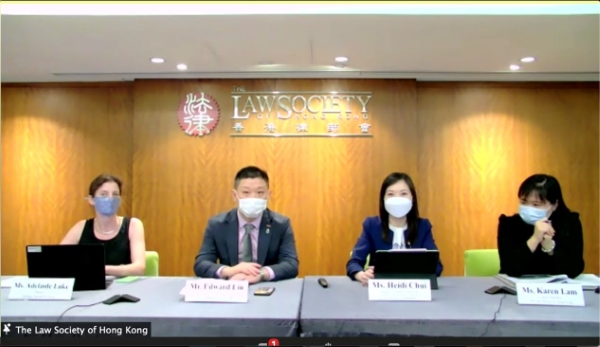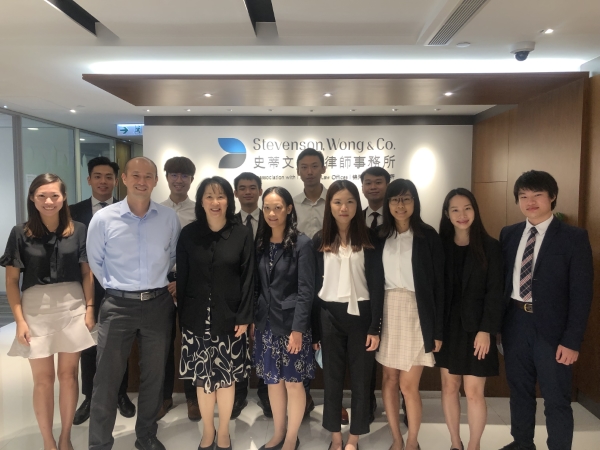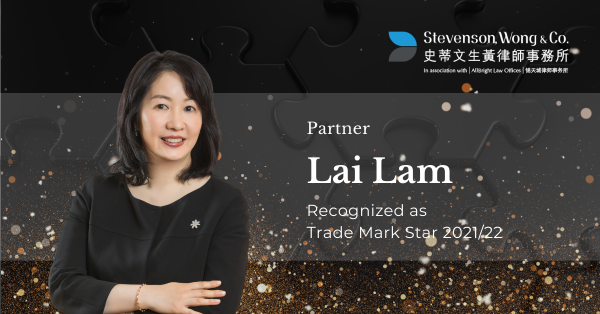On 27 July 2021, our Partner and Head of Litigation and Dispute Resolution department, Ms. Heidi Chui, was invited to be one of the panel speakers of “Developments in Cross-border Dispute Resolution”. The webinar was jointly organised by The Law Society of England and Wales and The Law Society of Hong Kong.

At the webinar, Ms. Chui shared and explained the latest developments in Hong Kong’s insolvency and restructuring law, including the recognition and assistance of foreign insolvency, “soft-touch” provisional liquidation, and corporate rescue bill by analysing the key facts and significant impacts of the recent landmark cases. The webinar was well-received by over 100 participants.



Top left: Ms. Melissa Pang, President of The Law Society of Hong Kong; Top right: Ms. Catherine Brims, International Policy Adviser of The Law Society of England and Wales
Bottom: Ms. Stephanie Boyce, President of The Law Society of England and Wales



For more information, please contact our Partner Ms. Heidi Chui (heidichui.office@sw-hk.com).








